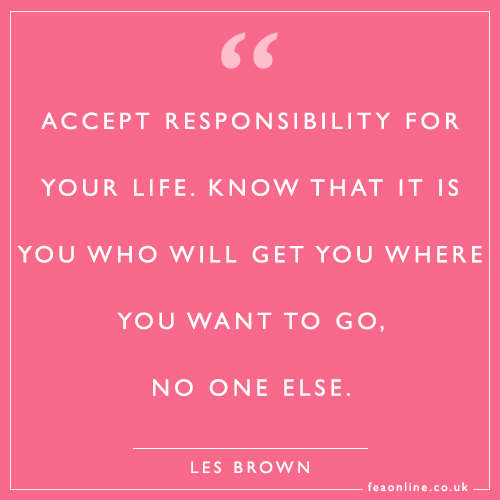I got the following question from a reader and thought I would write a post in responsee to it, as it was a really great question!
'Just wondering if I could ask a few questions on how you started up your blog please? Were you nervous before hand? Do you have any tips on how to get going?'
The truth is, I was incredibely frightened of starting my own blog at first. Growing up, I have always been very insecure and have worried a lot about what others think of me which I guess is one of the reasons why I found starting a blog so daunting. The thought of people critisizing me or judging me really scared me and it took me a while to realise that I shouldn't let the fear of being judged stand in the way of doing something that could not only help me, but help others too.
The very first post I wrote was on the 18th of January, however I soon realised that I wasn't yet ready to publically share my story just yet, so I didn't log back onto blogger until April the 3rd, almost 3 months later. My first April post was called, To Blog or not to blog and it actually sums up how I was feeling at the time really well;
To blog or not to blog?
After my initial post I had second thoughts about whether blogging was for me or not. Honestly, I was terrified that people who I know would find my blog and criticize or judge me for what I write. I mean, my anorexia recovery has been a very personal and painful battle. But I want to give blogging another go. I feel as though I am making more and more progress everyday and this blog will allow me to connect with other sufferers to give them support and advice. And perhaps others can help me as I progress into my recovery journey too. I have a pretty busy life so I don't think I will have time to write more then 1 post a day. Some days I may not even have time for 1 post but I really do want to give this another chance. Who cares who may or may not read my blog. Apart of recovery for me is to stop worrying about what others think and just focus on what is best for my health and happiness.
Wish me luck!
I think I also just wasn't really ready to fully committ to my recovery until April which is another reason why blogging scared me so much and why I didnt start sooner. I knew that I wanted to be completely honest on my blog, no matter what and I also wanted to set a good example for others trying to recover too. So I didn't want to start my blog until I actually truly wanted recovery and was willing to fight for it!
So as far as advice for starting your own blog goes, I say go for it! My blog really has helped me to save my life and I honestly don't know where I would be today without it. My blog and my readers are what gave mme the extra strength I needed, to fight my anorexia when I otherwise wouldn't have been strong enough to do it. Like all things I suppose, there are a few negatives associated with blogging too but for me, the positives outweigh any negatives by so much, that I don't really care.
I am glad I didn't start my recovery blog untill I was fully ready to start fighting my anorexia 100%. At times I reallly did only fight my anorexia because I wanted to set a good example for my readers and somehow felt as though I owed it to my readers to fight. I think that if I had started my blog whilst not being truly dedicated to recovery, I probably never would have felt as though I needed to fight my anorexia, for the sake of my blog as well as for myself, as I did.
I guess what I am trying to get at is that there is a big difference between a recovery blog and anorexia blog. I mean there is nothing wrong with someone writing a blog about their daily battle with anotrexia but unless they are fighting their anoreia, it i not a recovery blog. So to start a recovery blog, you really do need to be ready to fight and recover.
And I guess another thing to remember when you start blogging is that someone you know is bound to stumble accross your blog at some point. Even though the thought of this happening terrified me at first, I no longer worry about it at all. I will never forget the first day I stumbled across a photo of myself on google images when I was trying to find some recovery motivation. I instantly started to panic about who else would see my photos but then I thought, it didn't really matter if someone did find them.
The truth is, I am not ashaimed of my past or my illness. In fact, I am proud of my story and everything I have achieved. I know that anyone who does judge me for what I share on my blog is obviously not a person worth worrying about anyway and it is well worth it if I am able to help many other wonderful people, through sharing my story.
So to teh beautifu person who asked this question, thans for the great post idea! I realise that this post really is not structured all that well but I hope that you can make sense of my thoughts anyway and that it can be helpful to you in some way! :) Make sure you let me know if you decide to make your own blog, I would love to be your very first follower! X


























